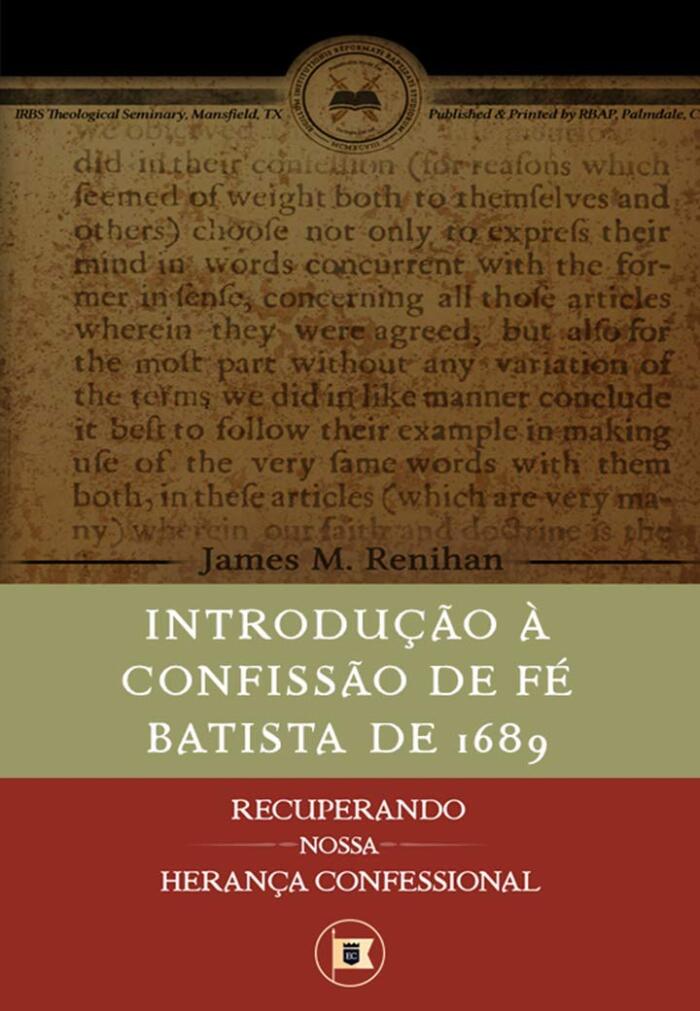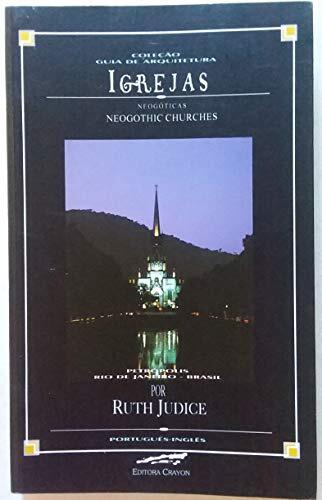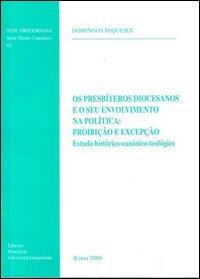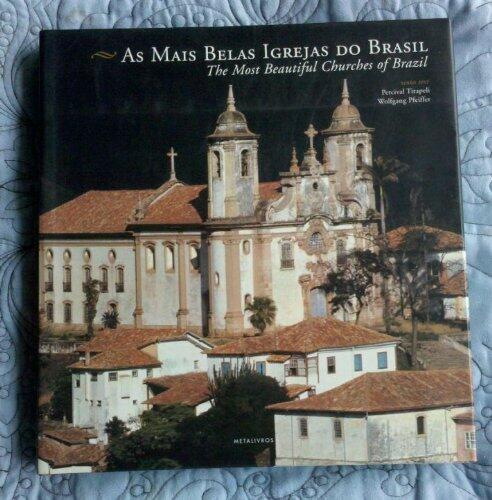
Uma Introdução à Confissão de Fé Batista de 1689
Language: Portuguese
Format: Kindle
Publication date:
April 5th, 2020
Publisher: O Estandarte de Cristo
Pages: 113
Genres: Religion & Spirituality
In a comprehensive exploration of the 1689 Baptist Confession of Faith, two prominent scholars, James M. Renihan and Richard C. Barcellos, provide an accessible and insightful introduction. Their work delves into the historical context and theological significance of this pivotal document that shaped the beliefs and practices of Baptist communities. Through careful analysis, the authors illuminate the foundational principles that underpin the confession, making it relevant to contemporary discussions within the church.
Renihan and Barcellos emphasize the importance of understanding the confession in light of its seventeenth-century origins, as well as its impact on modern Baptist identity. By examining the key doctrines outlined in the document, they help readers appreciate its enduring relevance in articulating the faith of Baptist believers. The authors strive to connect historical theology with practical application, ensuring that readers grasp how these principles inform current religious life.
Moreover, the authors' engaging writing style makes complex theological concepts accessible to a wider audience, encouraging reflection and dialogue among both scholars and laypeople. Their passion for Baptist heritage shines through, as they aim to inspire a deeper commitment to the faith among readers.
In the end, this introduction serves as a valuable resource for anyone interested in understanding the significance of the 1689 Baptist Confession. It invites readers to discover the richness of Baptist tradition and its implications for faith and practice today, fostering an appreciation for a document that has shaped Christian thought for centuries.
Renihan and Barcellos emphasize the importance of understanding the confession in light of its seventeenth-century origins, as well as its impact on modern Baptist identity. By examining the key doctrines outlined in the document, they help readers appreciate its enduring relevance in articulating the faith of Baptist believers. The authors strive to connect historical theology with practical application, ensuring that readers grasp how these principles inform current religious life.
Moreover, the authors' engaging writing style makes complex theological concepts accessible to a wider audience, encouraging reflection and dialogue among both scholars and laypeople. Their passion for Baptist heritage shines through, as they aim to inspire a deeper commitment to the faith among readers.
In the end, this introduction serves as a valuable resource for anyone interested in understanding the significance of the 1689 Baptist Confession. It invites readers to discover the richness of Baptist tradition and its implications for faith and practice today, fostering an appreciation for a document that has shaped Christian thought for centuries.











